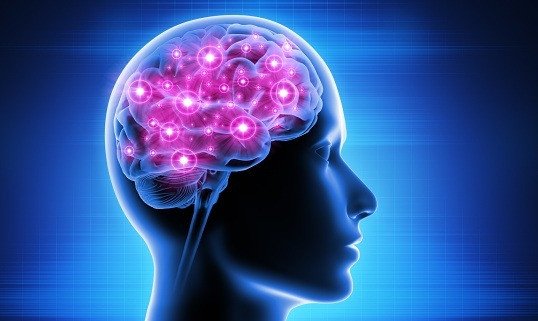Health
Brain fog may not be limited only to humans: Study

New York, Aug 11 : Worried about brain fog, which affects learning, memory, and problem-solving abilities, after your Covid infection? Take heart, you are not alone. The impairment is also seen across animal species, finds a new study.
A team of researchers from Hamilton College, Virginia Tech and University of Nevada found that species across the animal kingdom, from humans and rats to birds and bees, show signs of cognitive impairment with disease.
The reasons for this are variable, including damage by the parasite, immune response to infection, lack of motivation of sick individuals to perform a cognitive task, malnutrition, and even alterations to the host microbiome, they wrote in a paper published in the journal Trends in Ecology and Evolution.
"I think one surprising thing for me was how little is known. We're seeing an accelerated emergence of all of these infectious diseases, and yet we know very little about how disease might affect cognition and the implications of this for wild animals as well as for humans," said lead author Andrea K. Townsend, Associate Professor of Biology from Hamilton College.
Cognitive impairment linked to disease has the potential to affect entire ecological communities. For example, bees infected with some pathogens have difficulty learning the smells and colours of the most productive flowers.
"This is really a bad outcome, if you are a bee, because foraging success depends on the ability to efficiently find the most productive flowers," Townsend added. This could have negative consequences for bee populations, and also for the flowers, which rely on bees for pollination.
As wild animals continue to be affected by a changing climate and disturbed environments, cognitive impairment may exacerbate the effects of disease. In disturbed environments, animals tend to be stressed, and stressed animals are more likely to get sick, which could impair their cognitive abilities.
At the same time, these cognitive abilities could be especially important in these changing, stressful environments, where cognitive abilities (like flexible decision-making and innovation) could give them a behavioural buffer.
"So, here you might have a snowball effect where animals in stressed environments are more likely to get sick and their cognitive abilities are impaired. Then they are less able to deal with these stressful, changing environments because of their impaired cognitive abilities. It could increase the costs of environmental change for some wild animals," Townsend explained.







































